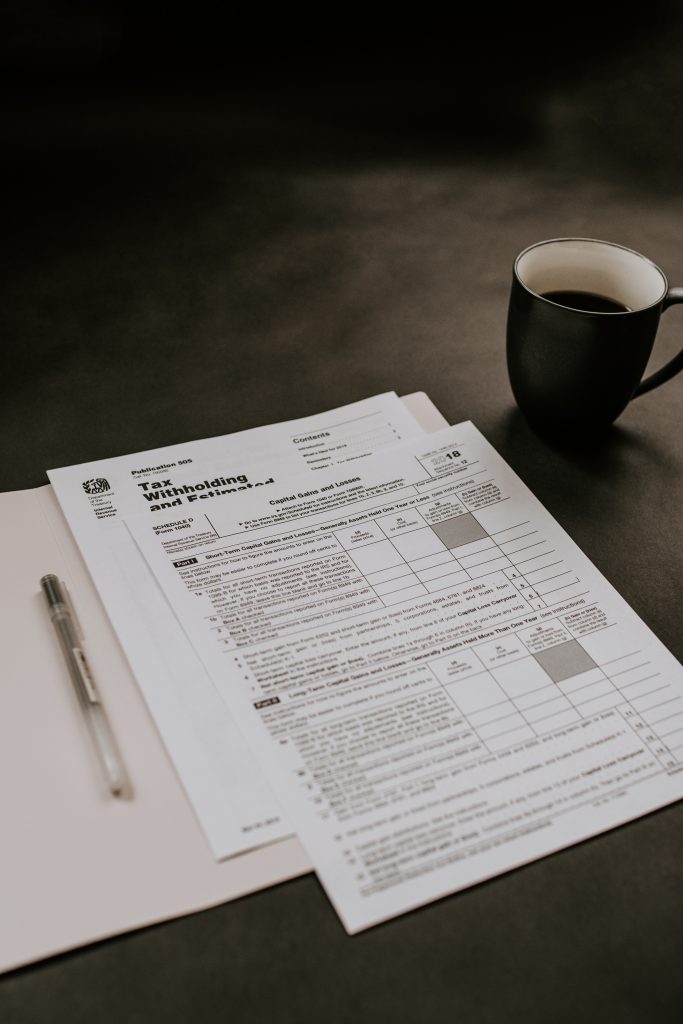The 2021 tax filing season has officially arrived! As with every tax year, there have been many changes to the tax code that you should be aware of prior to filing your 2021 tax return. We have compiled a list of these changes and other important tips for you to remember.
First, it is a common misconception amongst taxpayers that if your income for the taxable year is beneath the threshold for your filing status then you do not have to file a tax return and thus should not file. However, even if you are not “required” to file a tax return you may be entitled to a refund if you qualify for certain credits or if the taxes withheld by your employer were more than what you owe.
The most common credits a taxpayer may be eligible for are the Child Tax Credit, Child and Dependent Care Credit, and the Earned Income Credit. Further, one-time changes have been made for 2021 for the first two credits. Even if a taxpayer was unable to get either of these credits in the past due to insufficient amounts of income, they will be able to receive these credits for 2021. In addition, due to one-time changes to the Earned Income Credit for 2021, single taxpayers could be eligible for a larger refund than they would expect. Taxpayers should take advantage of these credits each tax year, but it is very important that taxpayers file their returns this year as these will likely be one-time changes absent further legislation. Visit these links to determine whether you are eligible for the Child Tax Credit, Child and Dependent Care Credit, or Earned Income Tax Credit.
In addition, if you did not receive the 2021 Economic Impact Payment in 2021 you can still get this payment by claiming it as a “Recovery Rebate Credit” on your 2021 tax return. For those who never received the 2020 Stimulus Payments, and did not know to claim them on a 2020 tax return, it is not too late! Those who missed out on the 2020 stimulus and never filed taxes can still file and claim the stimulus as a Recovery Rebate Credit. Those who filed but did not claim the credits can still file an amended 2020 return to claim the credits. If you are unsure if you are eligible make an appointment with a local volunteer income tax assistance site for free tax preparation.
While unemployment benefits were exempt from taxation up to $10,200 per person in 2020, that exemption was not renewed for 2021. 2021 unemployment benefits are now taxable as ordinary income. Therefore, taxpayers who received unemployment benefits should obtain a 1099-g form from the Department of Economic Opportunity. If they have not opted for mail delivery of the 1099-g form taxpayers will need to log into their DOE account and access it electronically.
If you need assistance with filing your taxes or legal representation for tax controversies these two programs may be of great use to you. The United Way Suncoast Volunteer Income Tax Assistance (VITA) program and Gulfcoast Legal Services Low Income Tax Clinic (LITC) are two FREE resources available to local low income taxpayers. The VITA program offers tax preparation help to taxpayers who made less than $74,000 last year who need assistance. IRS-certified volunteers provide free basic income tax return preparation with electronic filing to qualified taxpayers.
Gulfcoast Legal Services LITC provides legal representation to eligible taxpayers who are involved in tax controversies with the Internal Revenue Service (IRS). VITA is available to taxpayers across the state and LITC to taxpayers in Pinellas, Manatee, Sarasota, Charlotte, DeSoto, and Lee Counties. Links are provided below for further information about these helpful programs.
Overall, when in doubt, you should file a tax return. Further, with the changes for 2021 it is more important than ever to file! Tax returns, or extension requests, for the 2021 tax season are due on April 18, 2022. If you need assistance please feel free to contact either of the above listed programs.